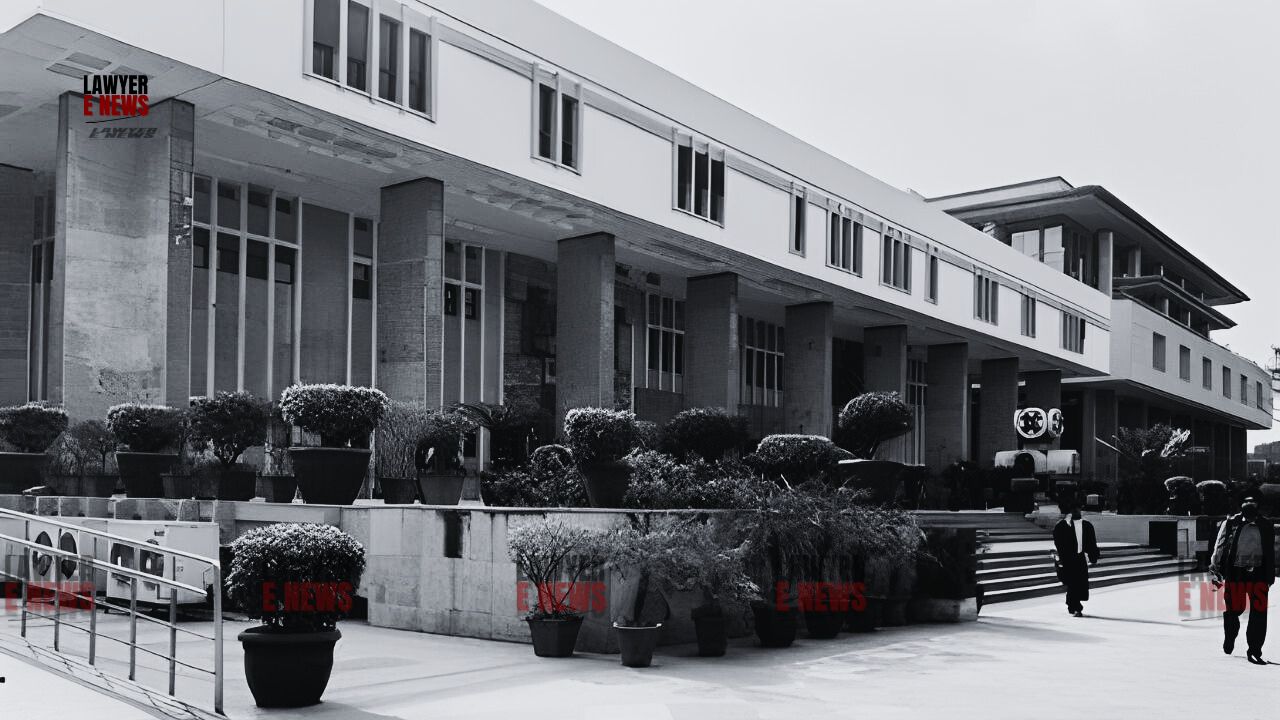-
by Admin
19 February 2026 3:14 PM



“Capability to Earn Is Not Earning — Maintenance Is Based on Reality, Not Hypothetical Income”, In a crucial decision Delhi High Court delivered a strong reaffirmation of statutory maintenance obligations, holding that personal financial commitments such as EMIs, insurance premiums, or voluntary borrowings cannot be invoked by a husband to deny or reduce interim maintenance to his wife and child. The Division Bench observed that “maintenance is not to be assessed based on the net income after such personal deductions, but rather on the free income that reflects the actual earning capacity and standard of living of the party concerned.”
The appeal had arisen out of a Family Court’s order dated April 19, 2025, under Section 24 of the Hindu Marriage Act, 1955, whereby the husband was directed to pay ₹15,000 per month as interim maintenance — ₹8,000 for the wife and ₹7,000 for their minor son. The appellant-husband challenged the order arguing that he had multiple loan obligations, paid EMIs, and maintained a Mediclaim policy for the family.
The High Court, however, refused to entertain these contentions, citing settled principles that only statutory deductions such as tax and provident fund contributions can be allowed when computing income for maintenance purposes. The Court referred to the seminal judgment of the Supreme Court in Dr. Kulbhushan Kumar v. Raj Kumari, (1970) 3 SCC 129, and reiterated that “no deduction is permissible for payment of house rent or electricity charges or voluntary EMIs.”
The Bench noted that the husband’s monthly income, based on income affidavits and bank records, stood at ₹47,128, including rental income. It categorically rejected the submission that loan repayments should reduce his maintenance burden, observing, “Deductions such as house rent, electricity charges, repayment of personal loans, premiums towards life insurance, or EMIs for voluntary borrowings do not qualify as legitimate deductions for this purpose.”
The husband also tried to argue that his wife was highly educated and therefore capable of earning on her own. This line of argument met with equally sharp judicial rebuttal. The Court quoted from Manish Jain v. Akanksha Jain [(2017) 15 SCC 801], where the Supreme Court held that “it is no answer to a claim of maintenance that the wife is educated and could support herself. Likewise, the financial position of the wife's parents is also immaterial.”
Further relying on Shailja v. Khobbanna, (2018) 12 SCC 199, the Court clarified, “Whether the wife is capable of earning or whether she is actually earning are two different requirements. Mere capacity to earn is not, in our opinion, sufficient reason to reduce the maintenance awarded.”
The judgment acknowledged the real-life limitations of the respondent-wife, who was responsible for the care and upbringing of the child and was also managing a medical condition. The Court recognised that “her inability to engage in full-time or gainful employment cannot be viewed as a voluntary choice, but must be seen in light of the practical limitations imposed by her dual responsibilities.”
In conclusion, the High Court declared that there was no illegality or perversity in the Family Court’s reasoning, which had relied on verified financial documents, tax returns, and income affidavits. The Court cited Rajnesh v. Neha, 2020 SCC OnLine SC 903, to underline the principle that maintenance awards must be fair, realistic, and protective of dependent family members’ dignity.
“Statutory duty to maintain one’s spouse and children cannot be side-stepped by citing contractual employment or self-imposed liabilities,” the Bench observed before dismissing the appeal.
Date of Decision: May 26, 2025
